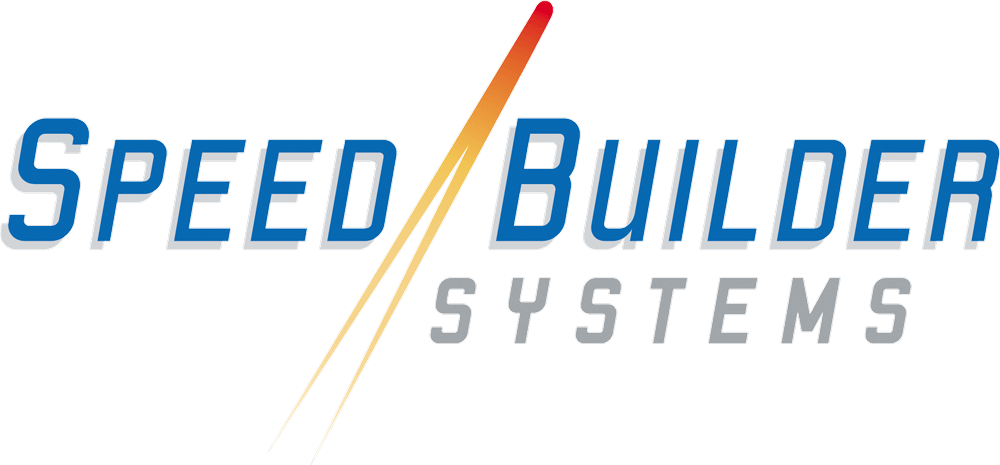Employee Retention Challenges in the Insurance Industry
The pandemic caused a job crisis known as the “Great Resignation” that continues today. Some of these resignations were due to employees evaluating their work-life balance during pandemic, and some were due to overworked employees reaching their breaking point after months of hiring freezes.
According to a white paper published in NU Property Casualty 360 Daily News “In the insurance industry, the Great Resignation can be thought of with a slightly different name: the “Great Reshuffle,” characterized by employees seeking other positions but still within the industry rather than dropping out entirely.
This fact, combined with the fact that 56% of insurance companies expect to increase staff over the next year, means recruiting will be extremely competitive as insurance companies struggle to fill open spots with the best and brightest in the industry. And those insurers who have leveraged technology to ease productivity for current and prospective employees—while also reducing frustrating friction in day-to-day operations and processes—will come out on top.
There are many variables underpinning the Great Reshuffle in insurance, but technology and the resulting “liquid expectations” are near the heart of it. Outside of work, insurance employees’ perceptions are shaped by the digitized, seamless experiences in their everyday lives (think Uber, Amazon, Door Dash, etc.). If, at work, insurance employees must use clunky, frustrating legacy systems to do their jobs, the resulting work dissatisfaction is inevitable.
In short, moving on from legacy systems to advanced technology solutions is no longer a competitive advantage; it’s a necessity to retain skilled talent across the organization. Surviving and thriving in this difficult job market requires close attention to many aspects of an organization. But it’s important to acknowledge the role technology can play in either driving away or attracting good employees.
For insurers, it means re-evaluating their legacy systems and finding a partner that can help transform their workplace so that employees are empowered, productive, effective and invested in their jobs.



